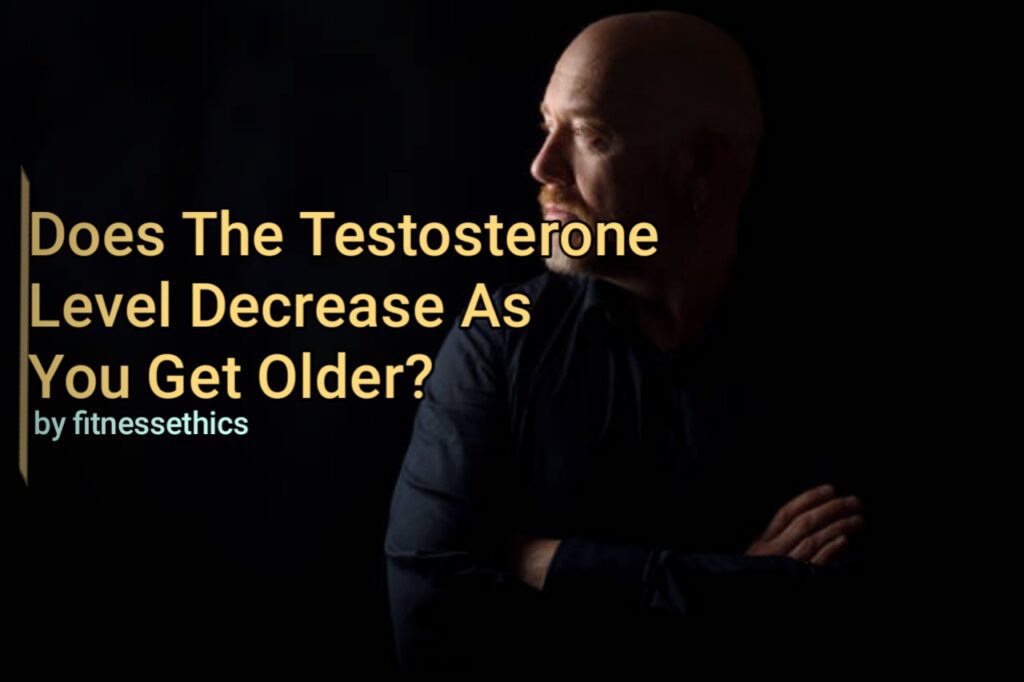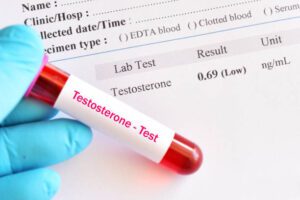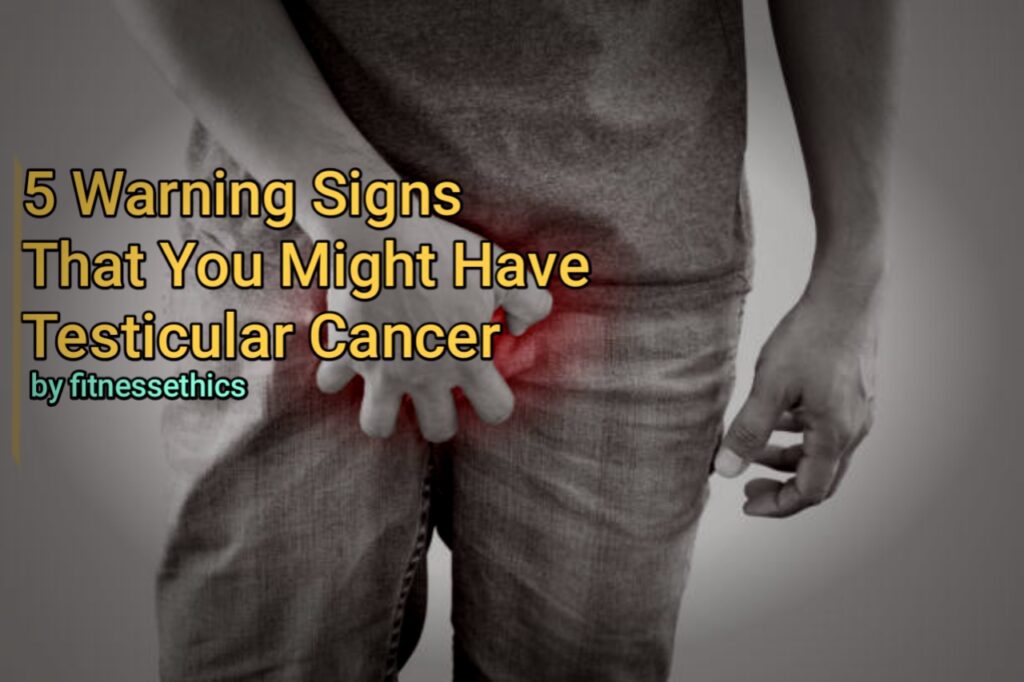Testosterone is what basically makes you a man as a man. It’s the primary sex hormone that plays a vital role in a man’s life. It develops the male reproductive right from a young age—that’s the stage we call puberty—before the organs become more developed at the young adult stage. Testosterone is produced in the testes. If the testes ever fail to keep producing this hormone, a man would be infertile.
What Affects Testosterone Production?
Some factors that might affect testosterone production are,
Ages
Illness
Obesity
Diabetes

Ist
A man’s testosterone level might eventually decline after 30. This doesn’t necessarily make you infertile, but your sperm count might be low. A man’s testosterone level is said to be low when it drops to 270 to 1,070 nanograms per deciliter (ng/dL). This testosterone level differs in every man. A man might have a particular nanogram per deciliter of testosterone and have a low level, while another would have the same quantity and be considered high.
A sexually active man’s testosterone level will not drop at the age 30, but will increase as he becomes more active. Being sexually active does not necessarily include having intercourse with a woman. If you don’t have a partner, you should consider doing it the old-fashioned way. If you have a partner that’s not sexually active, you should have a talk with them on the health benefits and the best part of it. If your partner feels you’re not sexually active, you should consider masturbating. Yep, that’s the old-fashioned way.
There are many illnesses that can cause a potential deficiency in testosterone levels in an adult male. Injury (trauma, interrupted blood supply to the testes) or infection of the testes (orchitis) Chemotherapy for cancer Hemochromatosis (excess iron in the body) is an example of a metabolic disorder. Injury or infection to the testes is a major cause, as testosterone is produced in the testes. If either or both testes fail to function properly, it will impede development as a young adult and adult male, lowering testosterone levels and potentially leading to infertility. Using chemotherapy and x-ray radiation to treat cancer causes a reduction of sperm counts, often to azoospermic levels, which may persist for several years or be permanent. Chemotherapy and x-ray radiation treatment may result in temporary, long-term, or permanent gonadal toxicity in male patients.
A man who has diabetes is most likely to have a low testosterone level. The same goes for an obese man because obesity suppresses SHBG and, as a result, total testosterone concentrations. Alterations in SHBG confound the relationship between testosterone and obesity Low total testosterone or SHBG levels are associated with type 2 diabetes, independent of age, race, obesity, and criteria for diagnosis of diabetes.
[starbox]




